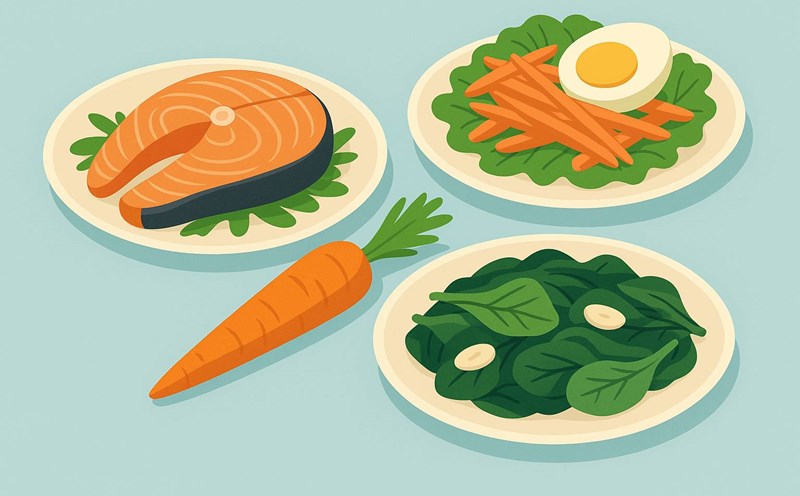Sunflower seeds
30g of sunflower seeds contain about 7 mg of vitamin E. The antioxidants in this seed help improve blood circulation, ensuring the eyes are provided with enough oxygen and nutrients. When cooking, you should roast lightly to retain the nutritional value instead of roasting too much.
Olive oil
Not only good for the heart, olive oil also has the effect of protecting eye tissue from oxidative stress thanks to its natural vitamin E content. You can use olive oil in salad or drizzle on ripe vegetables to maximize the amount of antioxidants without losing nutrients.
Almonds
This seed contains a rich amount of vitamin E, especially alpha-tocopherol - the most active form of vitamin E, which helps prevent oxidative damage in the retina. Just a handful of almonds can meet nearly 50% of your daily vitamin E needs. You should soak almonds overnight before eating to increase digestion and absorption.
Peanuts
Each serving of pear seeds contains more than 4 mg of vitamin E and many compounds that help strengthen cell membranes and reduce inflammation around the optic nerve. Eating about a handful of pear seeds per day helps slow down the deterioration of yellow spot and eye problems due to aging. You should choose unsalted or butter-based nuts to limit calories and bad fats.
Grassseed oil
This is a rich source of vitamin E, which supports blood circulation to the eyes and maintains healthy retina function. When using, you should sprinkle wheat germ oil on cooked grains or vegetables, avoid boiling at high temperatures because it will reduce the effectiveness of the nutrients.











